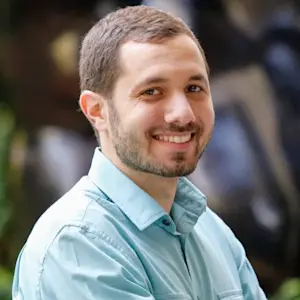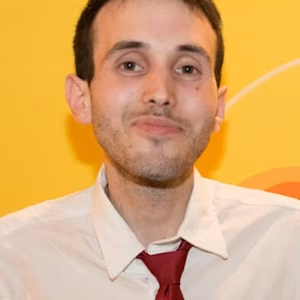Courses
Making a Difference Ⅰ: Evidence-based Impact
Course title
Making a Difference Ⅰ: Evidence-based Impact
Host organization
Time Zone
Global
Dates
May 19 – September 30 2025
Applications to this course have closed
Learn how you can make a difference at a global scale using reliable evidence, careful evaluation, and your unique skillset.
About this course
Millions of children die each year due to easily preventable diseases. Hundreds of millions of people earn less than $2 a day. Billions of animals spend most of their life in pain. Many of us want to help but don’t know how. Can one person make a difference that’s not just a drop in the bucket?
This interdisciplinary course will provide you with a collection of practical tools from economics, public health, behavioral science, ethics, exact sciences, and more to help you achieve a positive and significant impact. From the small decisions we make every day, through the initiatives we choose to support, to our most significant life choices, such as what career to pursue, relying on existing evidence and well established tools in decision making can help you drive a change you believe in.
In this course, the first of two parts of the Making a Difference program, you will learn some of the most foundational ideas and tools for achieving a positive impact. In parallel, each lesson will introduce you to a new cause area with plenty of concrete and actionable opportunities for making a difference.
This course focuses on the foundations of cost-effectiveness, measurement, and evaluation, key questions around who to extend our compassion and concern towards, and the opportunities with the strongest evidence for impact.
What you’ll learn
- Analytical tools for evaluating what works and what doesn’t.
- Frameworks for prioritizing different options for making a difference.
- Techniques for critical thinking, decision-making, and research.
- Concrete opportunities in promising cause areas you can contribute to.
- Ethical and philosophical considerations when trying to improve the world.
- Insights from philosophy, medicine, economics, psychology, statistics and more.
About the course instructors
Sella Nevo
Center director at the RAND Corporation and Lecturer at Tel Aviv University
 Sella Nevo is the director of the RAND Corporation’s Meselson Center, dedicated to reducing risks from biological threats and emerging technologies. He is also a Venture Partner at the VC firm Firstime, which invests in climate startups, and is on the advisory board of ALLFED - the Alliance to Feed the Earth In Disasters.
Sella Nevo is the director of the RAND Corporation’s Meselson Center, dedicated to reducing risks from biological threats and emerging technologies. He is also a Venture Partner at the VC firm Firstime, which invests in climate startups, and is on the advisory board of ALLFED - the Alliance to Feed the Earth In Disasters.He previously led the Karmel group at Google Research, which developed the Google Flood Forecasting Initiative, which provides flood forecasts and warnings globally, alongside several other humanitarian and environmental efforts. He also co-founded an impact-focused career advising nonprofit and taught Applied Ethics and Information Security at Tel Aviv University.
Dan Lahav
Co-Founder & CEO at Pattern Labs and Lecturer at Tel Aviv University
 Dan is the Co-Founder and CEO of Pattern Labs - an organization dedicated to securing advanced technology. He also co-founded Impact Focused Education, which aims to develop an effective educational path for engaging in large-scale high-impact work.
Dan is the Co-Founder and CEO of Pattern Labs - an organization dedicated to securing advanced technology. He also co-founded Impact Focused Education, which aims to develop an effective educational path for engaging in large-scale high-impact work.Beyond that, Dan co-created and taught academic courses on topics such as Applied Ethics, received TAU's "Outstanding Lecturer Award" (thrice), co-authored an AI paper that was featured on the cover of Nature, won IBM’s ‘Outstanding Technical Achievement Award’, and was crowned Best Speaker of The World at the World Universities Debating Championship where he holds the all-time personal ranking record for a non-native English speaker.